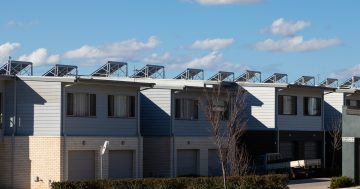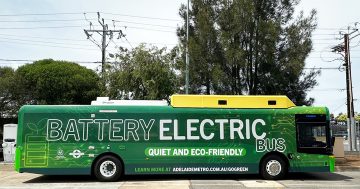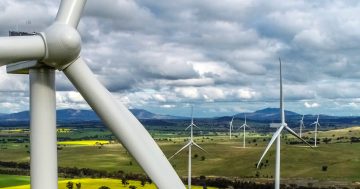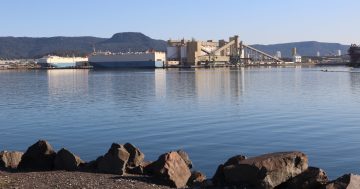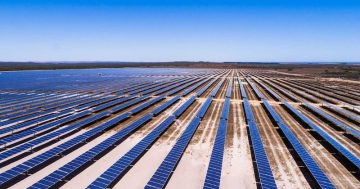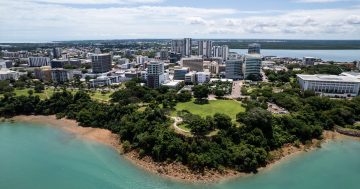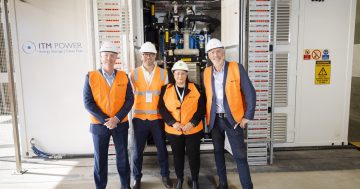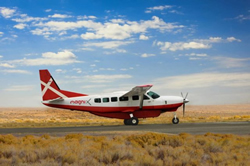 The Australian Renewable Energy Agency (ARENA) has developed an informative report on the spread of renewable energy across the transport sector.
The Australian Renewable Energy Agency (ARENA) has developed an informative report on the spread of renewable energy across the transport sector.
Declaring that while electric cars were becoming common on roads around the world, the Agency said the “renewable energy revolution” was spreading quickly to power other modes of transport.
In its report, ARENA said electric garbage trucks were quietly transforming bin collections and, along with solar powered planes and hydrogen commuter trains, were on a journey to an emissions-free future.
The report highlighted an aviation tech company on the Gold Coast which was developing an electric propulsion system.
Led by a former Boeing executive, MagniX believes it is on the way to replacing the turbo propellor engines found on the small, workhorse aircraft that service remote areas around the world.
In September, two hydrogen fuel cell powered trains took their first passengers on a 100- kilometre route in northern Germany normally serviced by diesel powered engines.
Releasing only steam and water condensation, the award-winning hydrogen powered trains performed similarly to their diesel rivals, comfortably cruising at 140km/h with a 1,000 kilometre range and accommodation for 300 passengers.
Closer to home, Melbourne-based SEA Electric is converting trucks and vans to run on its proprietary electric driveline.
With a range spanning everything from a delivery van all the way up to a cab chassis which can be fitted out for garbage collection or transporting goods, the vehicles can be tailored for a wide range of applications.
Cities across China also embrace renewable energy with Shenzhen becoming the first to transition its bus fleet to entirely electric power.
The city of 12.5 million people embraced zero emissions vehicles in 2009 to tackle unhealthy levels of air pollution. Within two years, the first all-electric buses began rolling off the production line at Chinese manufacturer BYD, and today the city boasts a fleet of more than 16,359 electric buses.
Aiming to prove aviation’s potential for renewable energy, the Solar Impulse 2 set off in 2015 on the first round-the-world flight by a solar powered aircraft.
The trip broke 19 official aviation records, including the longest uninterrupted solo flight with the 8,924 kilometre leg from Japan to Hawaii taking 118 hours.
ARENA’s full report on electric vehicles can be accessed at this PS News link.


